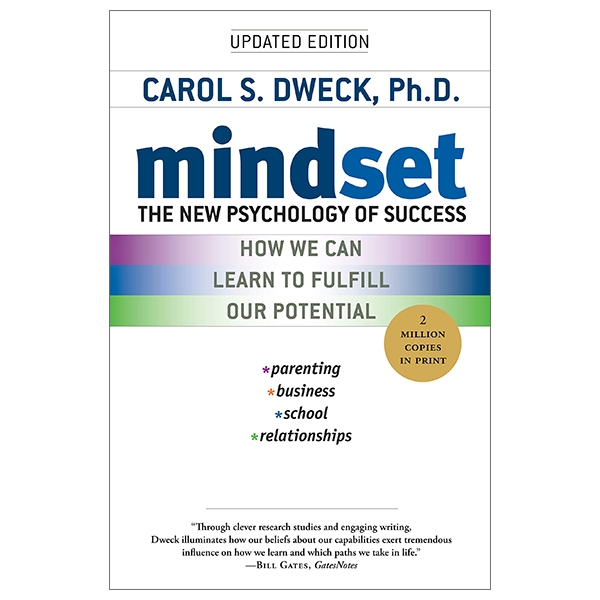When I first started mentoring young people—especially students preparing for exams or applying for scholarships—I believed that what they needed most was a toolkit: templates, planning strategies, checklists. I thought, If I just give them the right steps, they’ll be able to succeed.
Sometimes, it worked. Some students took the tools, ran with them, and made incredible progress.
But others—just as bright, just as ambitious—didn’t move forward. And that puzzled me for a long time. I used to ask myself: Why did this approach help some, but not others?
It wasn’t until later that I realized the answer: it’s not just about giving people tools. It’s about helping them shift how they see themselves. It’s about mindset.

The Real Key to Growth: How You See Yourself
You can’t build a house on shaky ground, and you can’t build a dream life on a shaky self-image. When someone doesn’t believe they’re capable of succeeding, no strategy—no matter how brilliant—will stick.
Let’s say a student comes to me and says, “I want to apply for a full scholarship to study abroad.” Many times, what they really believe is: “I’m not smart enough to get a scholarship like that.”
That limiting belief becomes an invisible wall. No matter how many resources I offer, they don’t act on them with confidence. They hesitate, doubt themselves, and sometimes give up before even trying.
That’s why today, when I mentor young people, I don’t start with tools. I start with questions like:
-
“What do you believe about yourself?”
-
“What are the thoughts that play in your head when you think about this goal?”
-
“Where do those thoughts come from?”
Because real, lasting change starts with how you talk to yourself—and what you believe you are capable of becoming.

It Starts With Identity
A few years ago, my younger brother moved from Vietnam to the UK to study. Back then, he was what you might call a “hot mess”—not very focused, not too motivated, and often labeling himself as “lazy.”
But I saw something different in him. I knew that the potential was there. He just hadn’t seen it yet.
Instead of pushing him to study harder or set bigger goals, I started helping him shift his identity:
-
I encouraged him to go to the gym—not for physical results, but to build discipline and consistency.
-
I noticed and celebrated the routines he kept. “You say you’re lazy,” I’d tell him, “but you go to the gym regularly. That’s not lazy. That’s dedication.”
-
Slowly, he began to shift his inner story. He started to believe: I’m someone who shows up. I’m capable. I’m becoming better.
Years later, he graduated with first-class honors. He balances school, work, and still keeps up his fitness routine. And most importantly, he now believes in himself.
That transformation didn’t start with tools. It started with mindset.
Growth Mindset: A Must-Have for Young People
If you’re a student (or a mentor to one), I cannot recommend enough the book “Mindset” by psychologist Carol Dweck. In it, she explains the concept of a “growth mindset”—the belief that your talents and intelligence are not fixed, but can be developed with effort and persistence.
When students believe their abilities are changeable, they:
-
Bounce back from failure faster
-
Embrace challenges instead of avoiding them
-
Focus more on learning than just performing
-
Achieve greater long-term success
The opposite is a “fixed mindset,” where people believe that they’re either born smart or not—and that nothing they do can change that.
So the most powerful first step in helping someone grow? Help them adopt a growth mindset.

Role Models Break Limiting Beliefs
Sometimes, all it takes to spark change is meeting someone who’s done what you want to do.
That’s why I often connect students with alumni from universities like Harvard, MIT, and UWC. When a student hears a story from someone who came from a similar background and made it—they realize: If they can do it, maybe I can too.
When I speak with students from my hometown—many of whom have never left the country—I share my own journey of receiving a full scholarship, studying abroad, and building a meaningful career. Not to brag, but to break the belief that “those things only happen to other people.”
Your story, or someone else’s story, could be the key that unlocks someone’s mindset.
From Self-Talk to Self-Belief
If you’re trying to support someone on their journey, or if you’re working on your own personal development, here’s a simple but powerful framework to guide you:
-
Start with Self-Awareness
What are the recurring thoughts in your mind? Are they supportive, or limiting? -
Challenge the Narrative
When you think “I’m not good at this,” ask: Is that really true? Or is it just a belief I’ve carried for too long? -
Find Proof of Progress
Look for small wins. Have you ever been consistent at something? Have you ever surprised yourself? -
Adopt a Growth Identity
Instead of “I want to be better at this,” try “I am someone who is improving every day.” -
Surround Yourself with Expanders
Find people who inspire you—friends, mentors, books, or online communities.
Final Thoughts: The Inner Game Always Wins
The more I work with students and young people, the more convinced I am that success is 80% mindset and only 20% method.
Sure, strategy matters. But if you don’t believe in yourself, if you don’t see yourself as someone capable, even the best strategy won’t help.
And on the flip side, if you believe deeply in your ability to grow, you’ll find a way—no matter what resources you start with.
So if you’re a young person with a dream: start by looking inward. What story are you telling yourself about who you are? Is that story helping you or holding you back?
And if you’re a mentor or a guide: don’t just hand out tools. Help them change the story they tell themselves. That’s where the real growth begins.

